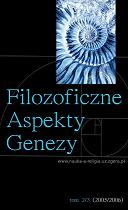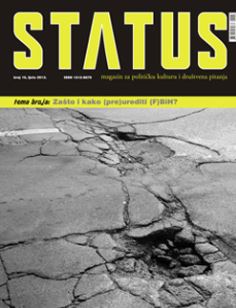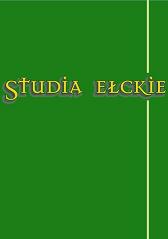COVARIANT REALISM
Hermeneutic phenomenology of science implies a particular version of realism. It approaches scientific entities in a twofold perspective: in their relation to other parts of the theory (as elements in a theoretical “language”), and in relation to the lifeworld as mediated by laboratory practices; as “fulfilled” in laboratory situations that “produce” worldly objects. The question then arises of the relation between the two perspectives; as Ginev has pointed out, there is danger of a theoretical essentialism which is implied when the mathematical projection is conceived as operationalized by experiment. Ginev’s proposal to avoid this involves the concept of “inscription.” This paper proposes another approach, covariant realism, which draws from Heidegger’s notion of formal indication and which makes explicit the temporality of theoretical objects in the flow of the research process. Formal indication does not so much describe phenomena as call them to our attention in a way that we can activate ourselves (as in laboratory contexts); it characterizes phenomena which are understood to be provisionally grasped, already interpreted, and anticipated as able to show themselves differently in different contexts. The value of this approach suggests deeper possibilities for hermeneutic phenomenology of science than have hitherto been explored.
More...


